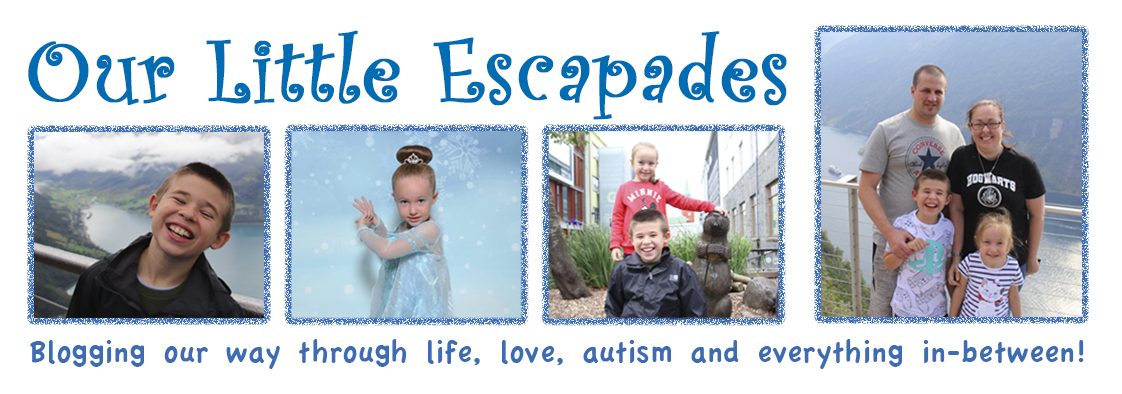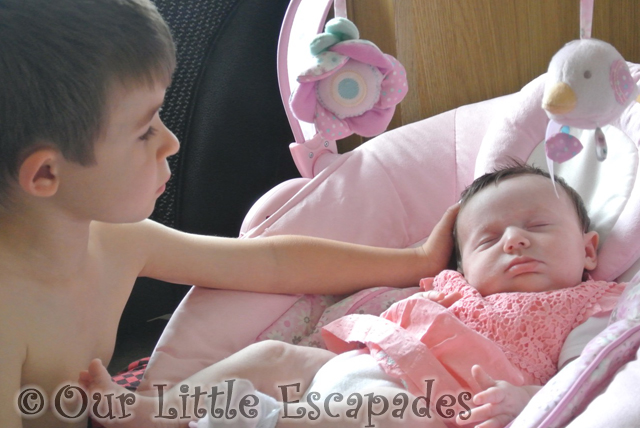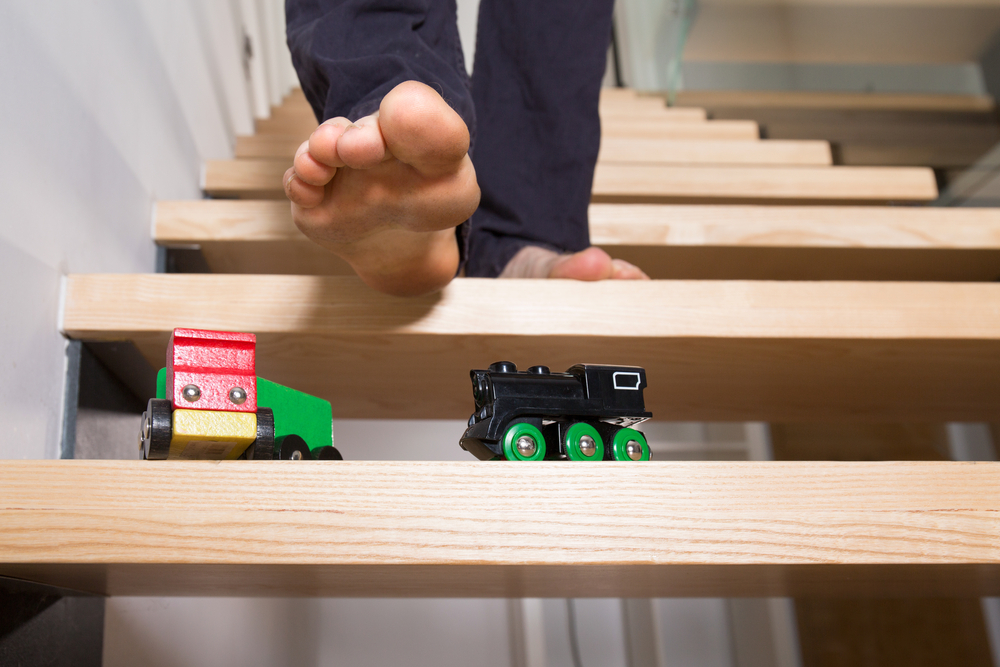Going through a separation is difficult for everyone involved, but for children, it can feel like their entire world is shifting. During this period, small gestures of reassurance go a long way. And one of the most effective ways to reconnect is by simply spending quality time together.
If you’re navigating this transition with the support of family solicitors Isle of Wight, or those in Southampton, Portsmouth, or wherever you may live, it’s also worth considering how you can support your children emotionally, too. Divorce doesn’t have to mean disconnection. In this blog post, our experts will explore five ways that days out can bring comfort, stability, and even joy to children during and after divorce.

1. Create New Traditions Through Shared Experiences
One of the hardest parts of divorce for children is the loss of routine. The things they used to rely on—Sunday roast as a family, bedtime stories with both parents—can disappear or change dramatically.
Days out can help fill that gap. Creating new rituals like a monthly beach walk, Saturday trips to the zoo, or a picnic in the local park offers a sense of predictability. According to Family Lives, children find great comfort in routine—it gives them structure in a time of chaos.
These outings don’t have to be extravagant. What matters is that they are consistent, safe, and focused on fun.
2. Provide a Safe Space for Emotional Expression
During a casual walk in the woods or a bike ride through town, children often open up more than they would in a formal setting. There’s something about the combination of movement and relaxed surroundings that creates a non-threatening space to talk.
Whether they’re venting their frustrations, asking questions, or simply being silly, giving your child your full attention during these moments signals that you’re there for them, no matter what. As noted by YoungMinds, keeping communication open is vital during a family breakup.
Let your child lead the conversation. If they don’t feel like talking, that’s okay too. Your presence is what counts.
3. Offer Reassurance Through Familiar Settings
Children need reassurance during periods of uncertainty. Visiting familiar places—like a favourite ice cream parlour, museum, or family-run farm—can remind them that not everything is changing.
These outings serve as emotional anchors. They connect your child to positive memories and offer a sense of continuity. Even something as simple as going to the same fish and chip shop every Friday can become a stabilising force in a child’s life.
4. Encourage Positive Co-Parenting Through Shared Plans
Where possible, involving both parents in outings—even if they happen separately—can help children see that their world isn’t entirely divided.
For example:
- One parent takes them to the cinema, and the other follows up with a related craft activity at home.
- A child visits a local heritage site with one parent, then writes about it for homework with the other.
Co-ordinated days out send a powerful message: “We may not be together, but we both love you.” Of course, this only works if communication between parents is respectful and child-focused.
As outlined by Separated Parents Information Programme (SPIP), co-ordinated parenting can reduce children’s stress and improve long-term wellbeing.
5. Boost Self-Esteem Through Active Engagement
Divorce can sometimes make children feel like they’re the cause of conflict or that they have less control over their lives. Days out where they get to make choices—like picking the park, choosing the cake, or deciding which museum to explore—can restore a sense of agency.
These small decisions help build confidence. When children feel heard, they’re more likely to talk openly and process what’s going on.
You might even use these outings to teach new skills: photography, drawing, or even reading maps. These fun, interactive experiences can become treasured memories that help reinforce your child’s sense of resilience and identity.

Make It Simple, Make It Count
You don’t need to spend a fortune or plan Instagram-worthy events. A simple hot chocolate at a local café, a walk by the sea, or a visit to a free nature reserve can mean the world to a child who’s feeling unsure.
In fact, simplicity can be a comfort in itself. Your calm presence, reliable planning, and shared laughter create moments of stability—something every child needs, especially when their home life is changing.
Helping Your Child Adjust Beyond the Outings
While days out are incredibly valuable, they’re just one part of the puzzle. It’s also important to support children in their day-to-day environment.
Try to:
- Keep communication open and honest, appropriate to their age
- Involve them in small decisions to help them feel in control
- Maintain similar routines between households, if co-parenting
- Validate their emotions without jumping to problem-solving
If you’re struggling, reaching out to professionals can make a world of difference. Many UK schools and GPs can direct families to local counselling services or support groups for children of separated parents.
Remind Them: Love Doesn’t Leave
What children fear most during divorce isn’t the change itself—it’s the idea that they’re losing love. Days out are more than just fun; they’re a reminder that love is constant.
When you show up, listen, and create new memories, you’re proving that your love remains solid, regardless of how the family structure shifts. That consistency can become the cornerstone of their emotional security.
Please be advised that this article is for informational purposes only and should not be used as a substitute for advice from a trained legal or mental health professional. If you or your children are struggling with separation, consult a qualified solicitor, therapist, or family support professional for personalised guidance.
DISCLOSURE – This is a collaborative post.




